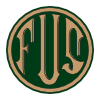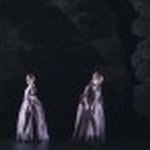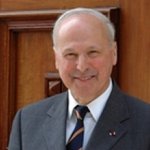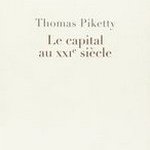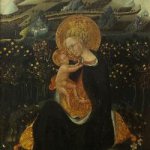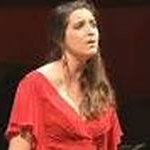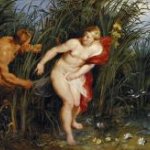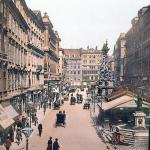The University Foundation organizes lots of activities for the members of the Club. Below you can see short reviews of some past activities. A more complete list can be seen on the French or Dutch web pages.
The members of the Club of the University Foundation were invited for the New Year's reception on January 29, 2015, at 5.30 pm.
At the occasion of the publication of the book "Le Capital au XXIe siècle" by Thomas Piketty the University Foundation organized a lunch-debate (F/N) on "The increasing economic inequality in our welfare state" . The debate was presided by Prof. Eric De Keuleneer. The introduction was given by Prof. François Maniquet (Core, U.C.Louvain, Francqui Prize 2010). Prof.
Guided visit (Fr/Dutch) of the exhibition + Italian evening at the University Foundation
Private concert with Sheva Tehoval, soprano, Belgian finalist of the Queen Elisabeth competition 2014, and Elmira Sayfullayeva, piano, followed by a walking dinner at the University Foundation.
Programme
In the framework of the remembrance of the beginning of the First World War ("De Groote Oorlog"), M. Luc Devoldere (editor of Ons Erfdeel vzw and author, and editor of the French language journal "Septentrion" and the English book series "The Low Countries") and M. Michael Amara spoke on the First World War.
Guided visit (Fr/Dutch) of the exhibition + dinner at the University Foundation
The University Foundation organised a lunch debate in the framework of the report of the "Commission sur la réforme des retraites", with Prof. Frank Vandenbroucke, former cabinet minister, professor KU Leuven et coauthor of the report, on "La réforme des pensions et l'allongement de la durée de travail, dans le contexte d'un agenda social élargi" (languages: Dutch/French)
Cultural trip to Vienna with Prof. Michel Flamée. Theme : “Vienna 1900”
